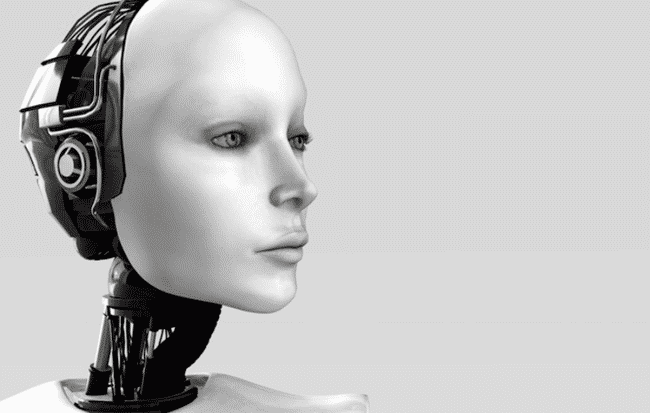How AI Will Improve Human Customer Service (Right Before It Kills It)

One of the best things that came out of Uber was that it made cab drivers nicer.
Before Uber you could almost count on being nearly cussed at by cab drivers, almost just for getting in the car.
They were evil mean. Angry. Some of them bit people. They don’t look at you. They don’t speak to you.
And don’t you dare show a credit card. They’d get downright hostile.
Then Uber shows up and offers a seamless experience. You don’t have to tell them where to go, you don’t have to arrange payment. It’s super smooth. And the drivers are often nice as well.
And when you do have to use a cab, guess what? They’re nicer.
Why are they nicer?
Because their jobs are in danger, and they have been told by the head office that if they don’t want to find another job they better start being nice like the Uber drivers.
I couldn’t be happier about it. It’s disruption of attitude.
Well, that’s about to happen to customer service as well.
Customer service generally sucks in most industries. Banking. Retail. It’s only when you get lucky and get someone great, usually at a company who gets that service matters, that you have a decent experience.
But it seems to be less common.
Well, the bots are about to show up, and just like Uber I can’t fu**king wait.
No industry is more ripe for disruption and/or removal than human customer service. There’s little training. No desire. No career path. It’s a dead space for both the employee and for the customer on the other end.
Few jobs are better suited for machine learning and automation.
But there will be pushback.
The first bots will come out, and they’ll be kind of dumb. Human customer service people will laugh or think they’re interesting—like the self-service checkout counters at Walmart.
That’s cute.
No, it isn’t. It’s millions of jobs going away in a fashion that even Trump cannot rescue us from.
So that’ll be the first phase. Companies that have such bad service already will try the automation, and it’ll be bad, but not much worse than what they have.
Then it’ll get better. Much better. Say, in 2019 or 2020.
Then a few companies will start telling their customer service staff:
Hey, if you don’t want to get replaced by a robot, you better start doing a better job. You better start being nice.
And we’ll all experience better customer service from humans for a number of years.
And then we won’t. Because there won’t be many humans doing that job anymore.
The crazy part about machine learning and this type of automation is that it COLLECTIVELY gets better in a way that can often get shared with other companies and other industries.
Not always. Some industries need specific things and specific training.
But the underlying ability to understand and respond to people? That’s going to get exponentially better in a way that can be copied out to many industries. Companies will specialize in this, just as companies specialize in human customer service workforces now.
Except these will be tech companies. Algorithms. They’ll be consuming millions of hours of conversations and learning, learning, learning.
And soon, one day, they’ll be mostly better than humans for most types of customer service. It won’t just happen. It’ll be incremental. But when it does it’ll be profound.
Anyway, look for the bump in human customer service quality that comes from the fear. Then look for the decline of humans in the job. That’s how this game is going to work with machines taking our jobs.
Now we just need to figure out what we’re going to do when most of our jobs (transportation and customer service) are gone.